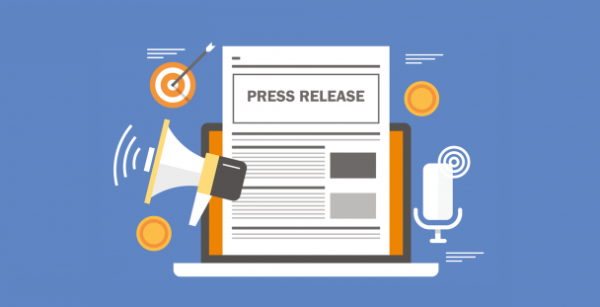Low-income self-employed need to file Self Assessment tax returns to claim NIC credits
The Low Incomes Tax Reform Group (LITRG) welcomes the changes to National Insurance for the self-employed announced in today’s Spring Statement. The threshold for paying both Class 2 and Class 4 National Insurance contributions (NIC) will be fully aligned with the threshold for paying income tax from 2023/24 (£12,570), with 2022/23 being a transitional year. The Chancellor also announced that self-employed individuals earning above the Small Profits Threshold (£6,725 for 2022/23) will get National Insurance credits even if they do not earn enough to pay income tax or NIC. However, LITRG highlights that sole traders will need to declare their profits on a Self Assessment tax return to benefit from these credits.
Note: Further to the publication of this press release, it has been confirmed that self-employed individuals earning between the Small Profits Threshold and Lower Profits Limit will be treated as making Class 2 National Insurance Contributions (NICs), rather than receiving NIC ‘credits’. The distinction is important for some short-term contributory benefits. We understand that individuals who are treated as making Class 2 NICs without actually paying them will have the same entitlement to contributory benefits as if they had paid them.

Today’s announcement1 includes some good news for the self-employed, with an increase in both the Class 2 and Class 4 NIC thresholds for the 2022/23 tax year. This means that, for 2022/23, Class 4 NIC will be charged only on profits above £11,908.2 In addition, no Class 2 NIC will be payable if profits are below £11,908. However, if profits are between £6,725 and £11,908 then the self-employed will get National Insurance (NI) credits towards their state pension and some other benefits.
LITRG stresses that self-employed individuals who earn profits between £6,725 and £11,908 will need to be registered with HMRC for Self Assessment3 and submit a 2022/23 tax return to report their income to HMRC to get the Class 2 NI credits.
Victoria Todd, Head of LITRG, said:
“We are concerned that some low income self-employed earners may see today’s headlines and think they no longer need to submit a tax return if they do not owe tax or NIC. This may be a costly mistake for affected taxpayers as they could miss out on contributions towards their NIC record.
“In addition, we are aware that there is some confusion about whether there is a need to register for Self Assessment if profits are below the Class 2 NIC threshold. Although HMRC state that the self-employed should register if their turnover is above £1,000, the legislation is not clear on this point in every case.4 The change to the Class 2 NIC may compound this confusion and could result in some sole traders not registering with HMRC at all.
“HMRC will need to ensure that taxpayers are aware of what actions they need to take so they don’t miss out on this important benefit. Clear guidance will therefore be essential.”
Notes for editors
- Changes to National Insurance thresholds are explained in this Personal Tax factsheet: https://www.gov.uk/government/publications/spring-statement-2022-factsheet-on-personal-tax. For 2022/23, the announcement will mean some self-employed people will save Class 2 NI of up to £163.80 and Class 4 NI of up to £207.87.
- The Class 4 National Insurance threshold will increase to £12,570 from July 2022. Class 4 NIC is calculated using annual self-employment profits, so the threshold will be 13 weeks using the £9,880 threshold and 39 weeks using the £12,570 threshold – which the Government states will be £11,908 for the 2022/23 tax year.
- If a self-employed trader is already in the Self Assessment/Class 2 NIC system, they would not need to register separately – only if they are a new trader not already registered.
- In our recent response to HMRC’s call for evidence on Income Tax Self Assessment (ITSA) registration, we highlighted the confusion between the legal duty to notify liability to tax, registering for ITSA, and registering as self-employed for payment of Class 2 NIC.
